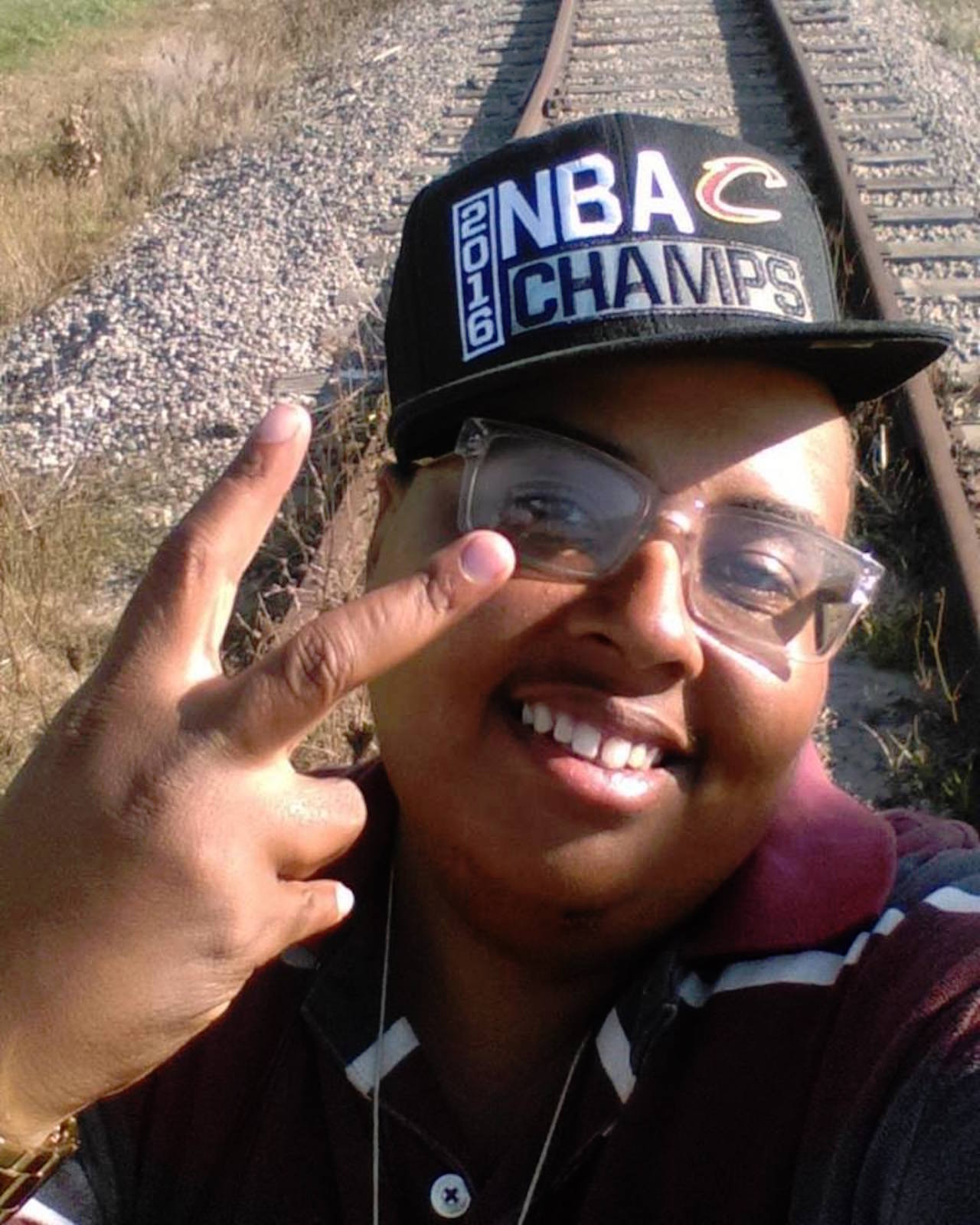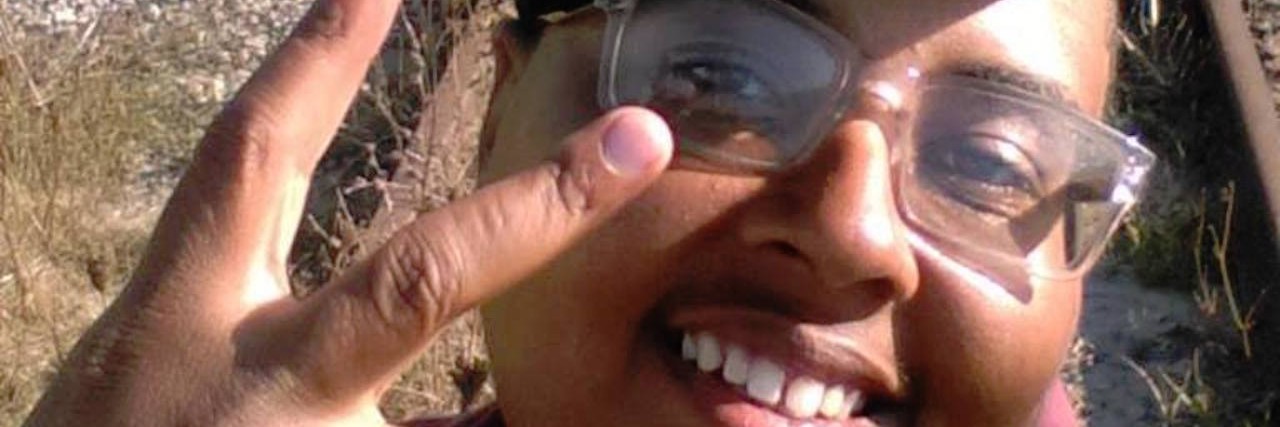Why We Need to Support All Children With Autism Spectrum Disorder
When I was a child I struggled with many things because I was unable to live up to society’s expectations. I was unable to think “inside the box.” I could only think outside of the box. When I wasn’t able to do things in a way people thought was “right” or “normal,” I was made to feel as if I was wrong, incapable or defective. I was the type of person who asked questions or searched for a reason or purpose. When I did these things, people told me I asked too many questions or they said I spent too much time looking for a meaning, reason or purpose behind things. Too many times in my life I heard the statement, “Why can’t you do this (or that) like a normal person?”
As a kid I had a great talent for art. I could draw and paint. I won art contests, got awards for my art and sold a few paintings before graduating from high school. After high school I gave up on art. I went to college and passed all my business courses without reading the book but failed my academic courses because I had a different style of learning. I dropped
out of college when I became homeless.
As an adult I wrote a couple of plays, and then I gave up on playwriting. Then I wrote poems. I won poetry contests and attended poetry readings, but then I gave up on poetry. My next venture was writing books. I published a book, and then I gave up for a while, and then I started back. I wrote another book and gave up on writing again. Now I’m
getting back into writing.
The reason I gave up so many times and on so many things was because I lacked the support I needed in my life. The people I knew assumed that because I survived abuse and overcame homelessness I was strong and I could deal with life alone because I had done it all my life. The truth was, I was not as strong as people thought. If someone had attended my art shows, plays, poetry readings and awards ceremonies then maybe I wouldn’t have been so quick to give up. It is a painful feeling to sit alone and watch other people sit there with their loved ones. It is painful to their loved ones cheer them on. It is even more painful to have strangers and acquaintances compliment you and then say, “Your parents must be so proud.” All you can do at that time is pretend to be happy and thank the person while at the same time feeling an emptiness deep inside of you.
 When you have autism spectrum disorder (or any disability) it is hard for many neuro-typical people to understand your pain and struggles. Through the internet and social media I’ve met a lot of people who understand what I’m going through and why I think and feel the way I do. Through the internet and social media I’ve met a lot of people who are supportive of my talents, gifts, skills and ideas.
When you have autism spectrum disorder (or any disability) it is hard for many neuro-typical people to understand your pain and struggles. Through the internet and social media I’ve met a lot of people who understand what I’m going through and why I think and feel the way I do. Through the internet and social media I’ve met a lot of people who are supportive of my talents, gifts, skills and ideas.
If you have a child with ASD (or any disability or differences), never give up on them. They might not be the child you wanted or they might have behaviors that are difficult for you to deal with, but they still need your support. If you are a family member and you notice a child’s parents are mistreating them, do something. Every child (with and without disabilities) needs to know there is someone out there they can trust. They need someone to believe in their dreams, ideas and abilities, listen to them and help them through their struggles. Every child needs someone to give them that extra push and to encourage them when they feel discouraged. No matter how “mild” or “severe” a child’s disability is or how different the child may seem, every child needs support. Not every child will grow up and do “great” things by society’s standards, but the important thing to remember is the child has a right to become as great as they can be.

